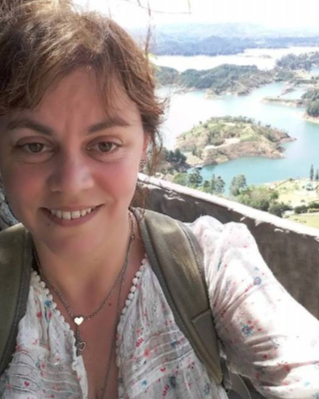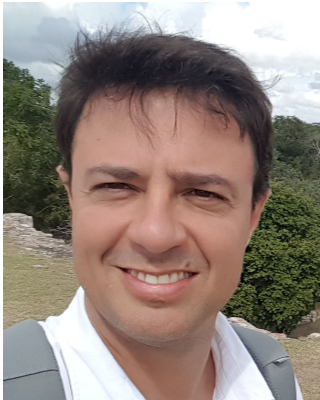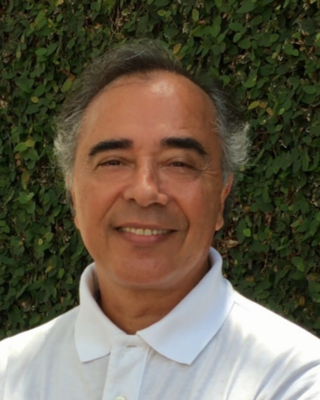Agenda IB

Patricia Jacqueline Thyssen
Biology, ecology and taxonomy of Diptera and Coleoptera of forensic importance. Larval therapy. Insect vectors and pests.

Flávio Dias Passos
Zoology, malacology; biodiversity of marine molluscs; taxonomy, systematics, biogeography, anatomy and biology of bivalves, aplacophorans, gastropods and polyplacophorans.

Paulo Sérgio Moreira Carvalho de Oliveira
Ecology and Social Behavior of Ants
Ant-Plant Interactions,
Multitrophic Interactions Involving Ants,
Ant-Plant Mutualisms,
Molecular Ecology of Ants,
Ant-Associated Microbial Communities,
Antipredator Defense in Insects